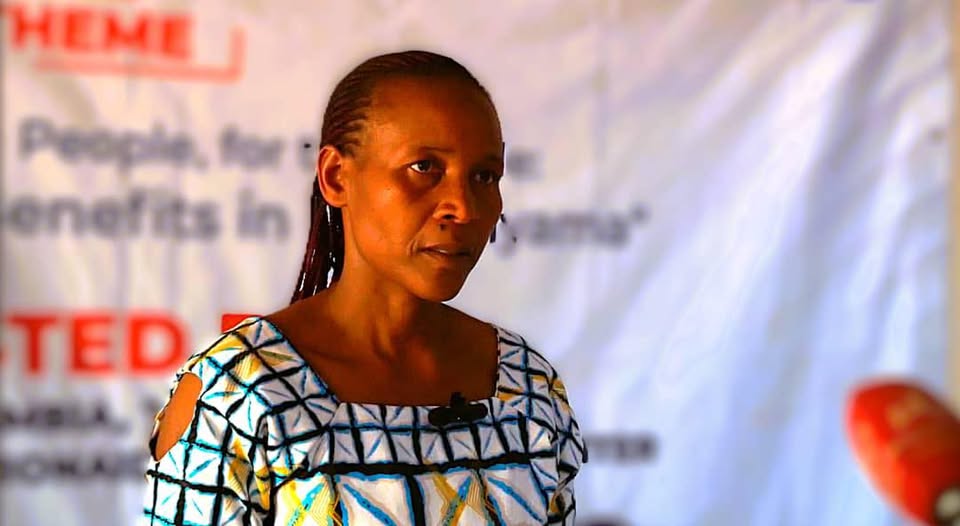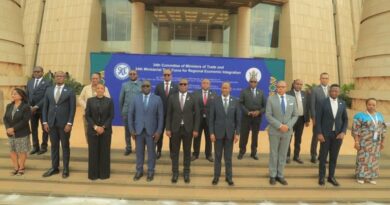Lufwanyama Indaba Issues 16 Demands to Rein in Mining Abuses
Environmentalists and civil society groups have issued sixteen demands aimed at curbing mining violations in Lufwanyama District, calling for stronger accountability, transparency, and community participation in mineral extraction.
The demands were presented during an Indaba convened under the theme “Mining with the People, for the People: Reclaiming Local Benefits in Lufwanyama.” The event was hosted by Caritas Zambia, Transparency International Zambia (TIZ), and the Centre for Environmental Justice, with support from ActionAid and the Carter Centre Foundation.
Presenting a communiqué on behalf of stakeholders, TIZ’s Transparency Advocacy Group representative, Brendah Kashimba, emphasised the importance of enhanced revenue management and transparent reporting so that communities are kept informed about mining revenues received by local authorities.
Kashimba said mining companies must be held accountable for their social responsibilities and environmental impacts, stressing that adherence to existing regulations is critical to protecting human dignity and well-being.
“Local participation should be central to decision-making on mineral extraction. The rights of women, children and vulnerable groups must be safeguarded to ensure mining activities do not exacerbate existing social and economic challenges,” she stated.
Among the demands were calls for policy reforms to strengthen transparency, the translation of extractive industry reports into local languages, and capacity building for communities and government officials to better understand mining contracts and revenue flows.
Environmental monitors recommended robust evaluation mechanisms to track the social and environmental impacts of mining, while youth advocates pressed for greater investment in skills development to tackle unemployment.
Other proposals included incentives for corporate social responsibility, initiatives to diversify local economies away from mining dependency, and the creation of a transparent database for job seekers in mining districts.
Stakeholders also urged the domestication of the UN Guiding Principles on Business and Human Rights, the decentralisation of the Human Rights Commission to district level, and the strengthening of grievance redress mechanisms.
Kashimba further called for greater coordination among government departments to harmonise revenue reporting, stressing that government policies should prioritise the welfare of vulnerable communities above investment interests.
She concluded by urging mining companies to comply fully with the Zambia Environmental Management Act and uphold environmental integrity while contributing meaningfully to local development.



